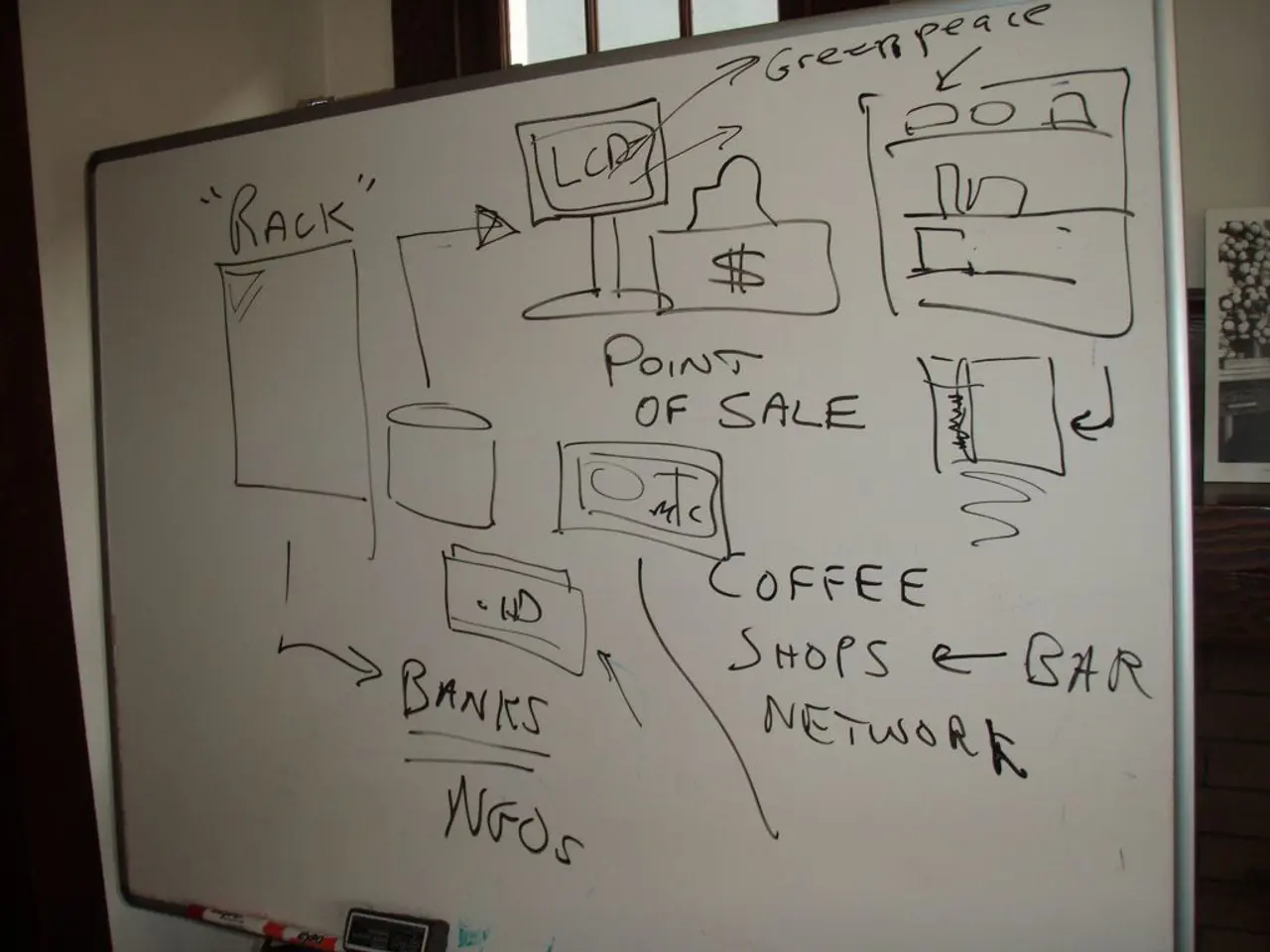New Framework Predicts Quantum System Dynamics, Detects Memory Effects
A groundbreaking study by researchers, including Yichao Lv, Zhaokai Li, and Jiayin Guo, has developed a novel supervised learning framework. This tool accurately predicts the dynamics of open quantum systems and detects non-Markovian memory effects using local measurement data from an ancilla qubit. The work, published recently, offers a simpler, tomography-free alternative to established tests.
The framework employs a feedforward neural network trained on recent measurements of the ancilla qubit. This enables accurate predictions of the system's observable without full state characterization or detailed environmental knowledge. The method uses a neural network trained on short histories of system behavior to forecast future evolution.
The team introduces a revival-based metric to quantify non-Markovian memory. This focuses on 'revivals' in the system's dynamics, aligning with established tests but offering a simpler, tomography-free alternative. The metric tracks 'turn-backs' in predicted dynamics to detect non-Markovian memory effects. The framework has proven effective on common noise channels and paves the way for real-time diagnostics in quantum experiments.
The research provides a valuable tool for characterizing quantum memory effects, improving experimental accessibility and efficiency. The framework effectively predicts the system observable and identifies non-Markovianity in amplitude damping and random telegraph noise scenarios. The authors' work opens new avenues for real-time diagnostics in quantum experiments, marking a significant advancement in the field.





